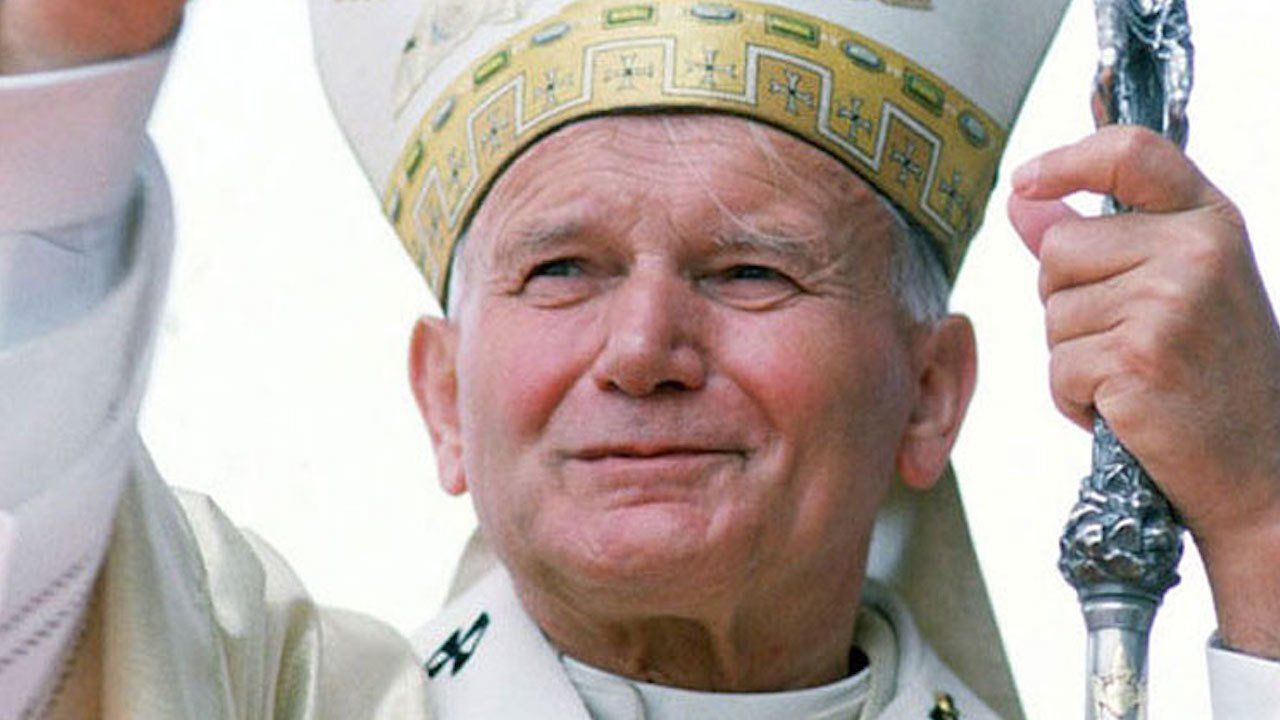Stealing quietly through Kraków’s blacked-out streets, the audience and the actors who would perform for them arrived at an apartment in the city’s Dębniki district, across the frozen Vistula River from ancient Wawel Castle. It was the 1,181st evening in the long, dark night of the Polish soul, and they took great care to avoid the armed patrols that enforced the Nazi Occupation’s curfew. For what they were doing was an act of defiance that, detected, would have sent everyone involved to the death camps. This particular night, November 28, 1942, the Rhapsodic Theater, an avant-garde troupe committed to a “theater of the living word” without props or elaborate costumes, was performing an adaptation of Adam Mickiewicz’s epic poem Pan Tadeusz, a classic of the Polish Romantic tradition.
The apartment blinds were drawn; the lights were lowered; a clandestine act of cultural resistance began. It did not go unchallenged. During the performance, Nazi megaphones outside began blaring the news of another victory by the invincible Wehrmacht. To some in the audience, that rasping, intrusive propaganda, interrupting a brief respite from the terrors of life in occupied Poland, seemed an apt metaphor for the hopelessness of their situation.
The twenty-two-year-old actor then speaking, an underground seminary student named Karol Wojtyla, paid no attention whatsoever to the racket outside. Unfazed, he continued his recitation as if the harsh static of the principalities and powers of the age simply did not exist…
Almost thirty-seven years later, on June 2, 1979, Karol Wojtyla addressed another audience: the largest gathering to that point in the history of Poland. The former actor no longer spoke in a darkened apartment. Rather, he said what he had to say before 1 million of his countrymen gathered in and around Warsaw’s massive Victory Square. In some respects, though, things were curiously similar. Once again, Karol Wojtyla, now Pope John Paul II, was confronting a brutal attempt to crush human freedom: the communism that had replaced Nazism as usurper of Poland’s liberties. Once again, he was doing so not with what the world recognized as “power,” but with what he understood to be the truth that could set his people free in the deepest sense of freedom: the truth about the dignity, vocation, and destiny of human beings, which he believed had been revealed in Jesus Christ.
And once again, as he spoke, he was interrupted, not by the crudities of Nazi megaphones, but by the spontaneous, rhythmic chant of his people—“We want God! We want God…”
1056 pp. paper $24.99
Members (Patrons+) receive 10% discount, plus many other perks!
Exercise the virtue of patience, resist Amazon, and support Eighth Day Books. Give them a call at 1.800.841.2541 between 10 am and 8 pm CST Mon-Sat and engage in a conversation about books and ideas with a live human person who reads books and loves to discuss them. Or, if you insist,
visit their website here.










